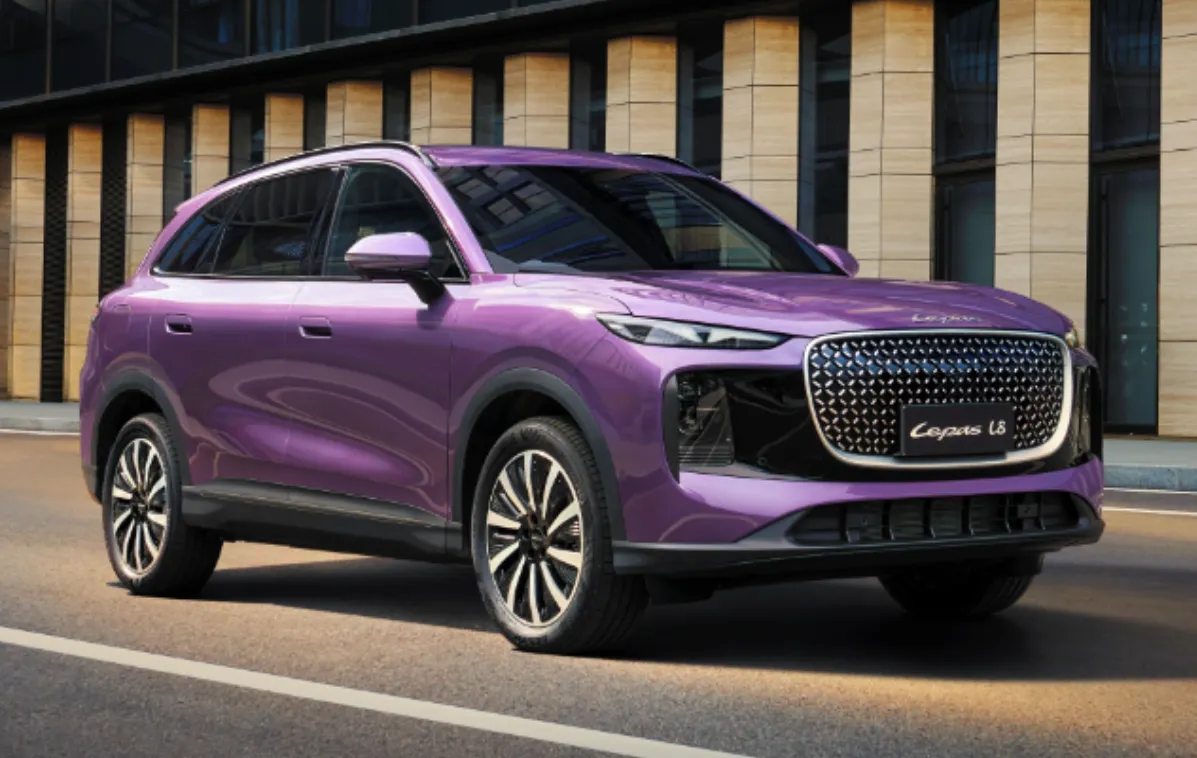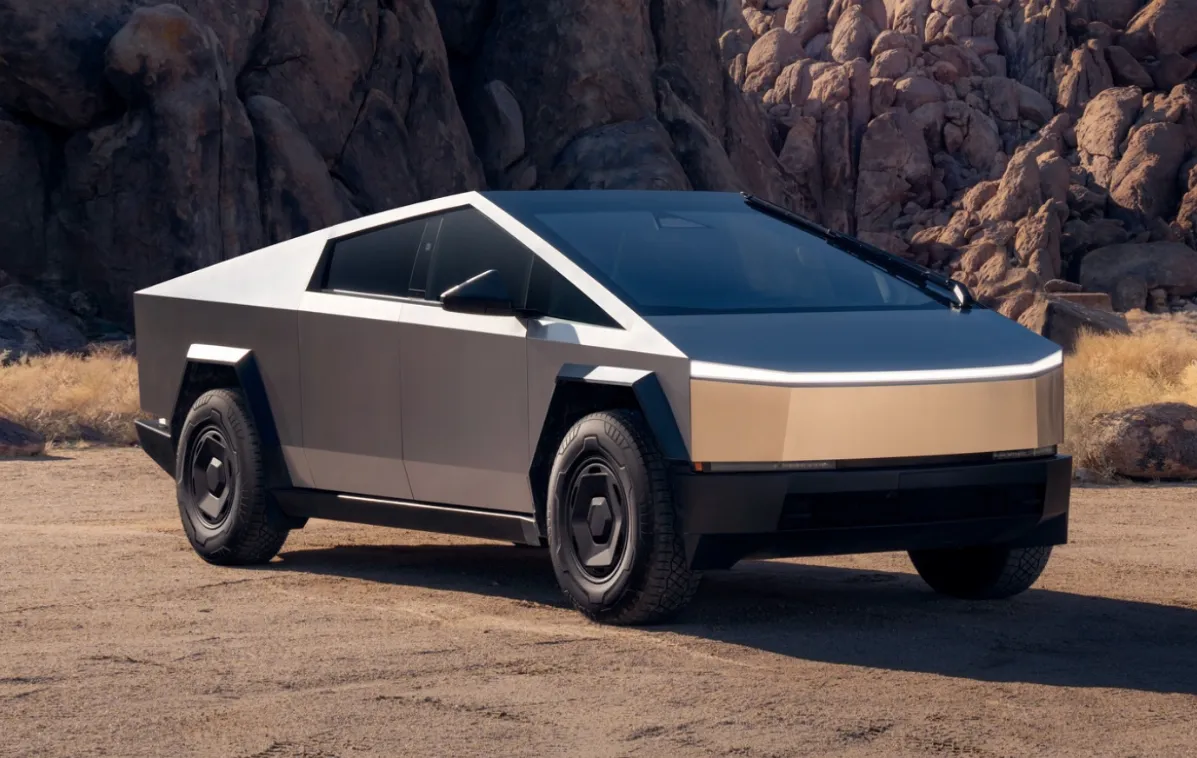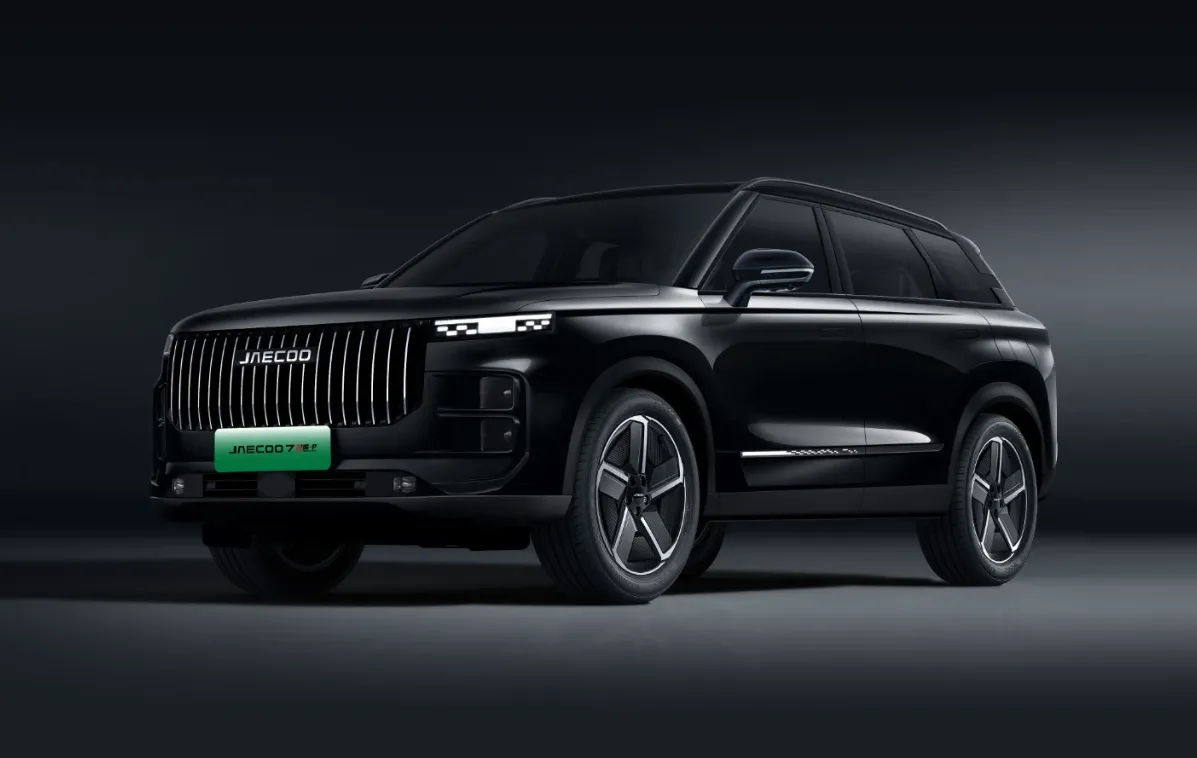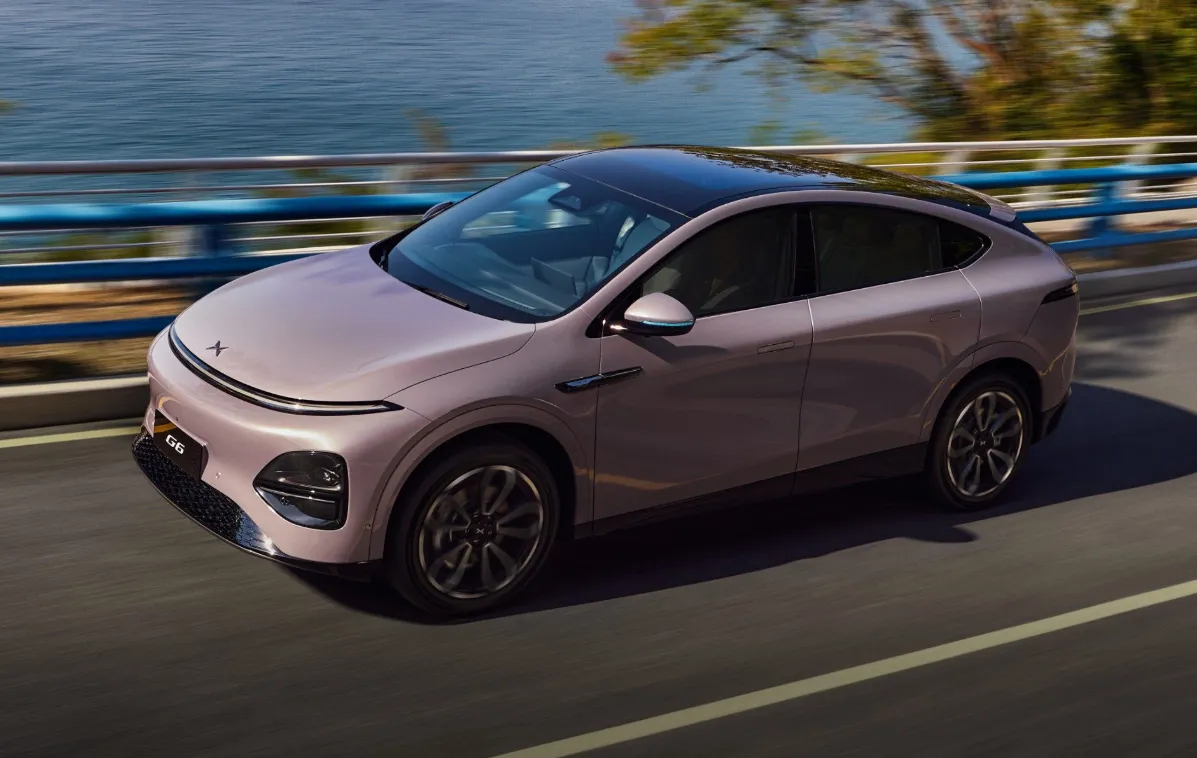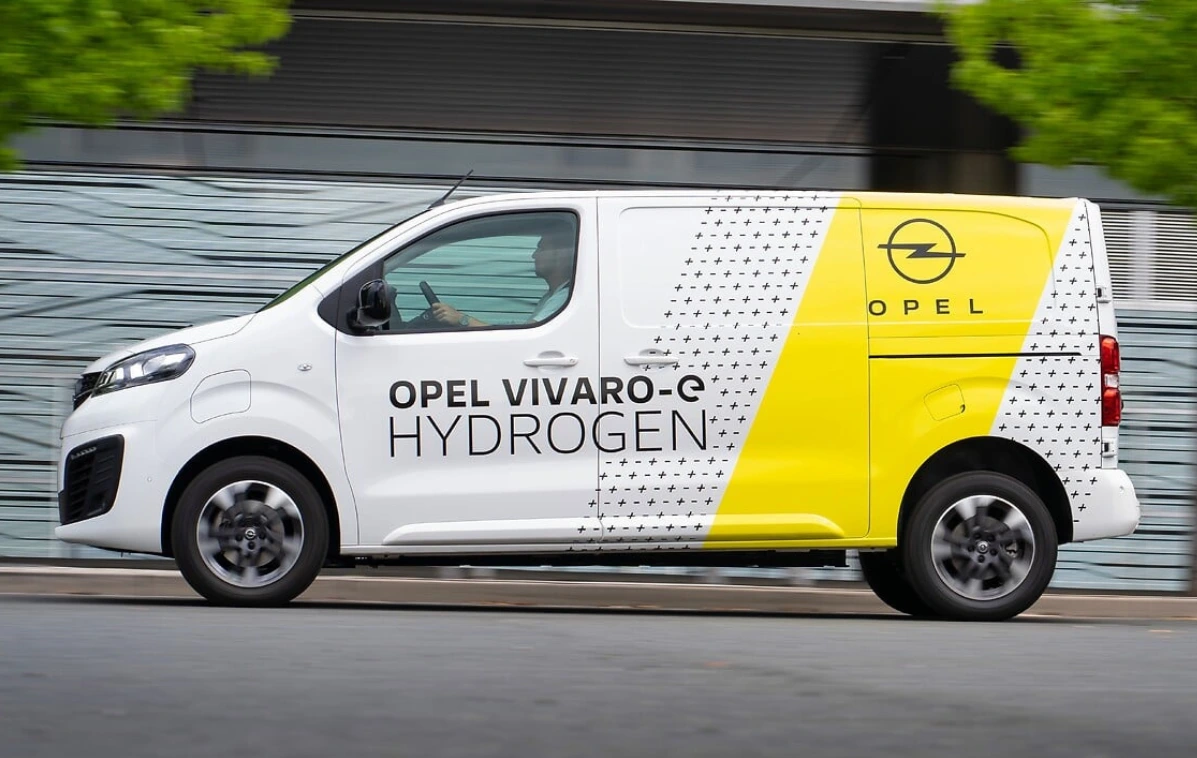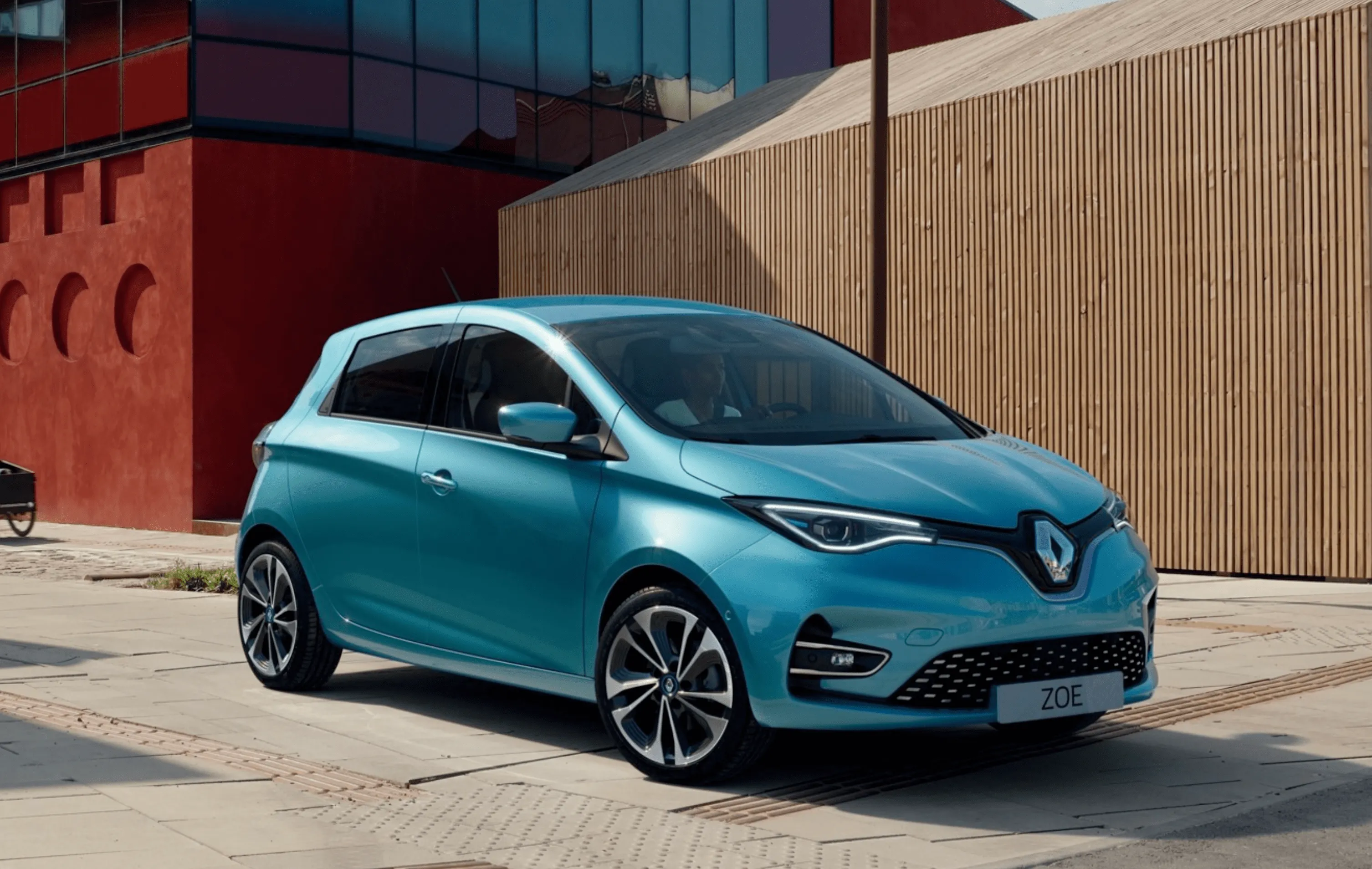At the beginning of the year 1994, Rover Group was sold to BMW for £800m (£1.3b in 2022). Behind the scenes, the Germany company was really only after Land Rover, but was told the two weren’t going to be sold separately. Over the six years Rover was answering to BMW, millions of pounds of investment was poured into the British company, without a significant profit to be made. BMW also invested millions into a new design centre for Rover.
In the 90s, Rover had an identity crisis, over its long history its brand had changed what it was to customers many times. The brand had survived the British Leyland time period, it was owned partly by Honda, then British Aerospace and the time period we are focusing on, BMW too. It had long been a traditional British car company, but its brand identity had started to suffer. In 1995, the brand new Rover 200 hatchback was launched, without any input by BMW, as by this time the car was already signed off.
Rover had been basing new cars on old platforms and by the mid-90s, the time was coming up for a new larger saloon car. By the time BMW had taken over, the plans for Rover to essentially re-use the Rover 600 for a new upcoming model was scrapped, instead a brand new car was to be developed with a launch date for the late 90s. The Rover 75 was the last brand new car launched by Rover and failed to revitalise the brand, causing BMW to lose faith and sell off the company. BMW had said it needed Rover to make 1.8m to 2m cars annually to remain competitive.
By 1999, Rover was costing BMW, it was failing to produce a profit and had significant losses. In March 2000, BMW announced it planned to sell the Rover Group and was sold to the Phoenix Consortium. BMW managed to keep the rights to the Mini name, which it used for the now renowned Mini lineup. Land Rover was sold off to Ford, where it joined Jaguar in the Premier Automotive Group that Ford was running at the time. Eventually, Jaguar Land Rover was sold off to Tata in 2007.
MG Rover later went into administration in 2005, with debts of £1.4 billion. In 2005, Nanjing Automobile Group purchased the remaining assets of the company. In 2009, the UK arm of the company was renamed MG Motor UK. In 2011, the MG 6 was launched, then in 2013 the MG 3.
Now in 2022, MG is producing electric cars with the brand new MG ZS EV.
In 1996, the BBC produced a five part documentary series called ‘When Rover Met BMW’ The first video in the series can be found below.



